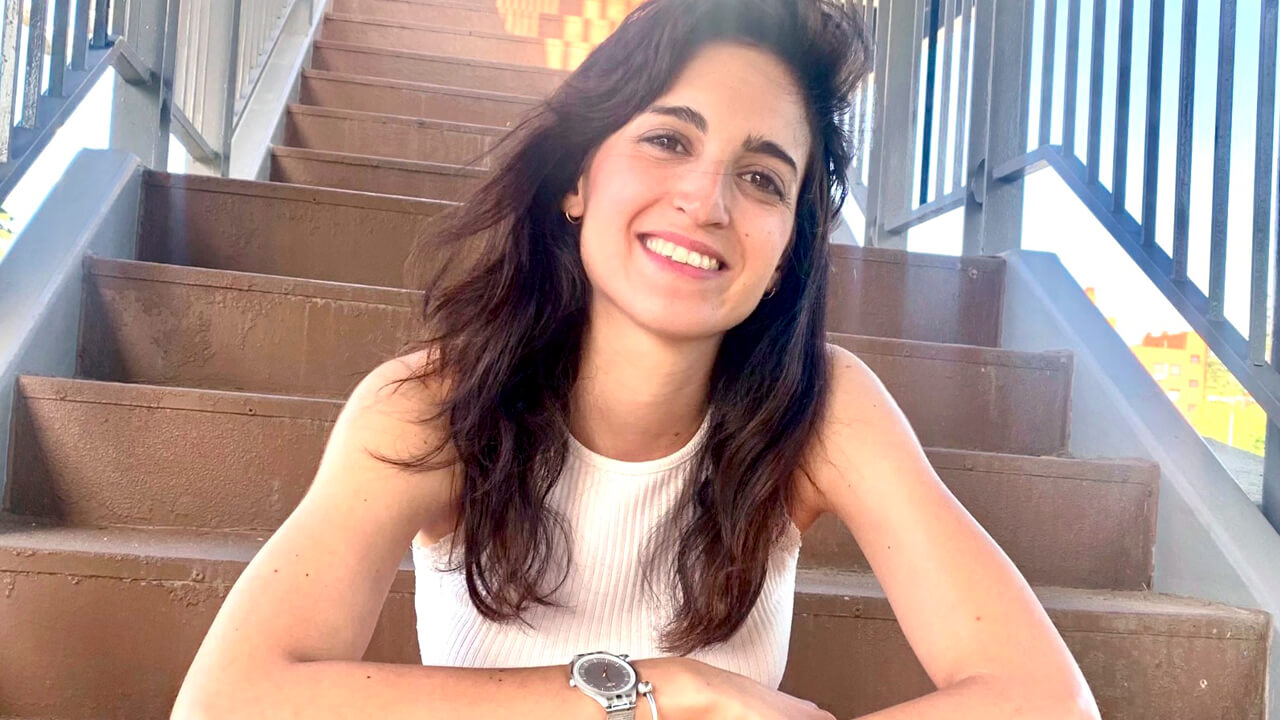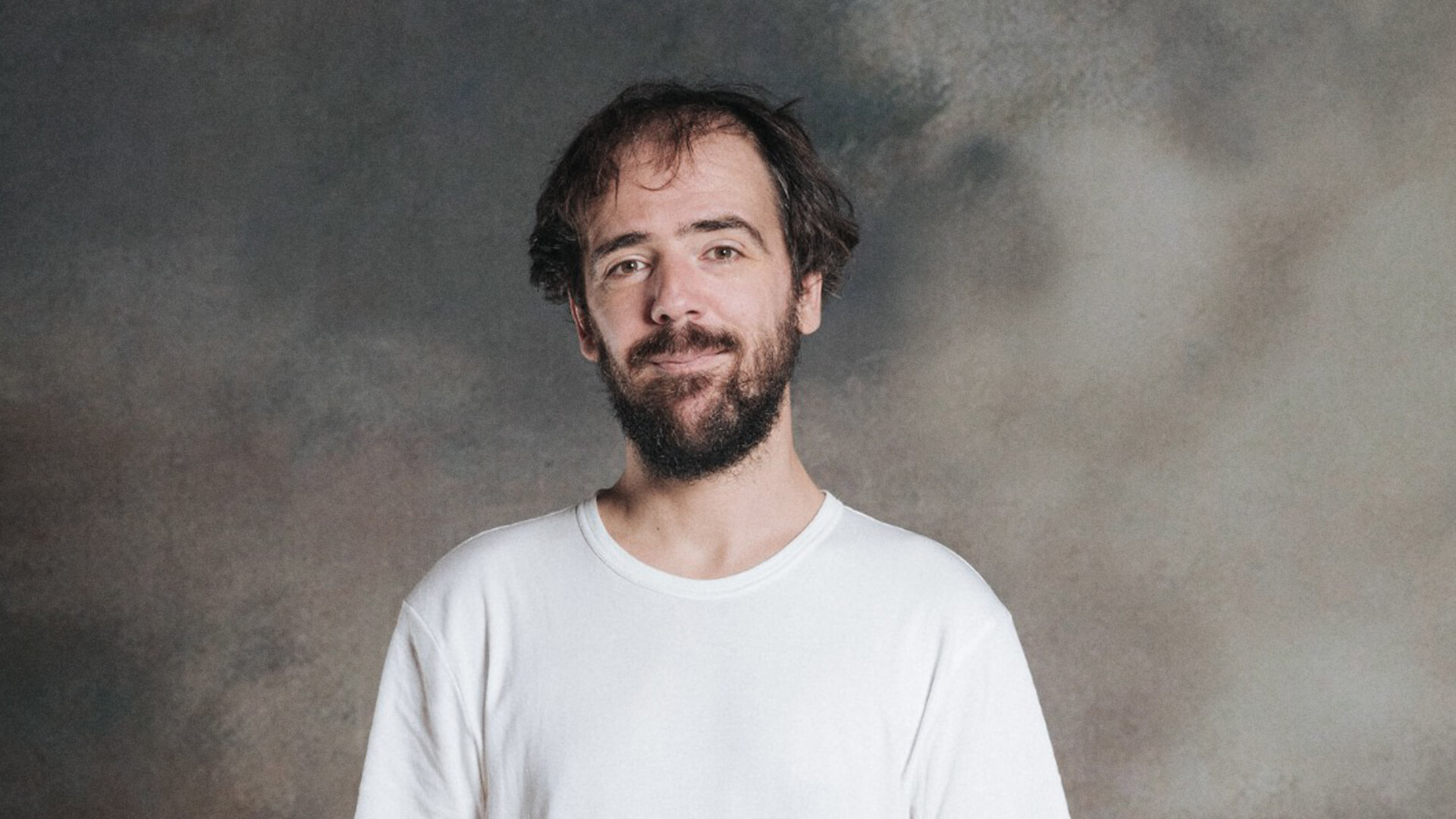Joan Yago
(Barcelona, 1987) She has a degree in Directing and Playwriting from the Institut del Teatre de Barcelona (Theatre Institute of Barcelona). She has written and premiered plays such as De què parlem mentre no parlem de tota aquesta merda (Butaca Award for Best Text 2021), Feísima enfermedad y muy triste muerte de la Reina Isabel I, Las aves, Fairfly (Max Award for Best New Playwriting 2018, Butaca Award for Best Text 2017).
View more
Sis personatges – Homenatge a Tomàs Giner (Critics Award 2018), You say tomato (Serra d’Or Award for best theatrical text, 2016, Un lloc comú (Ciutat d’Alzira Award 2014), Bluf (Quim Masó Award 2014), Sobre el fenómeno de los Trabajos de mierda, La nau dels bojos and l’Editto Bulugaro, among others.
She is a founding member of the independent theatre company La Calòrica and professor of dramatic writing at the Sala Beckett Dramaturgical Workshop. She is the creator and scriptwriter of the series Mai neva a Ciutat for IB3 Televisió.
© Silvia Poch




